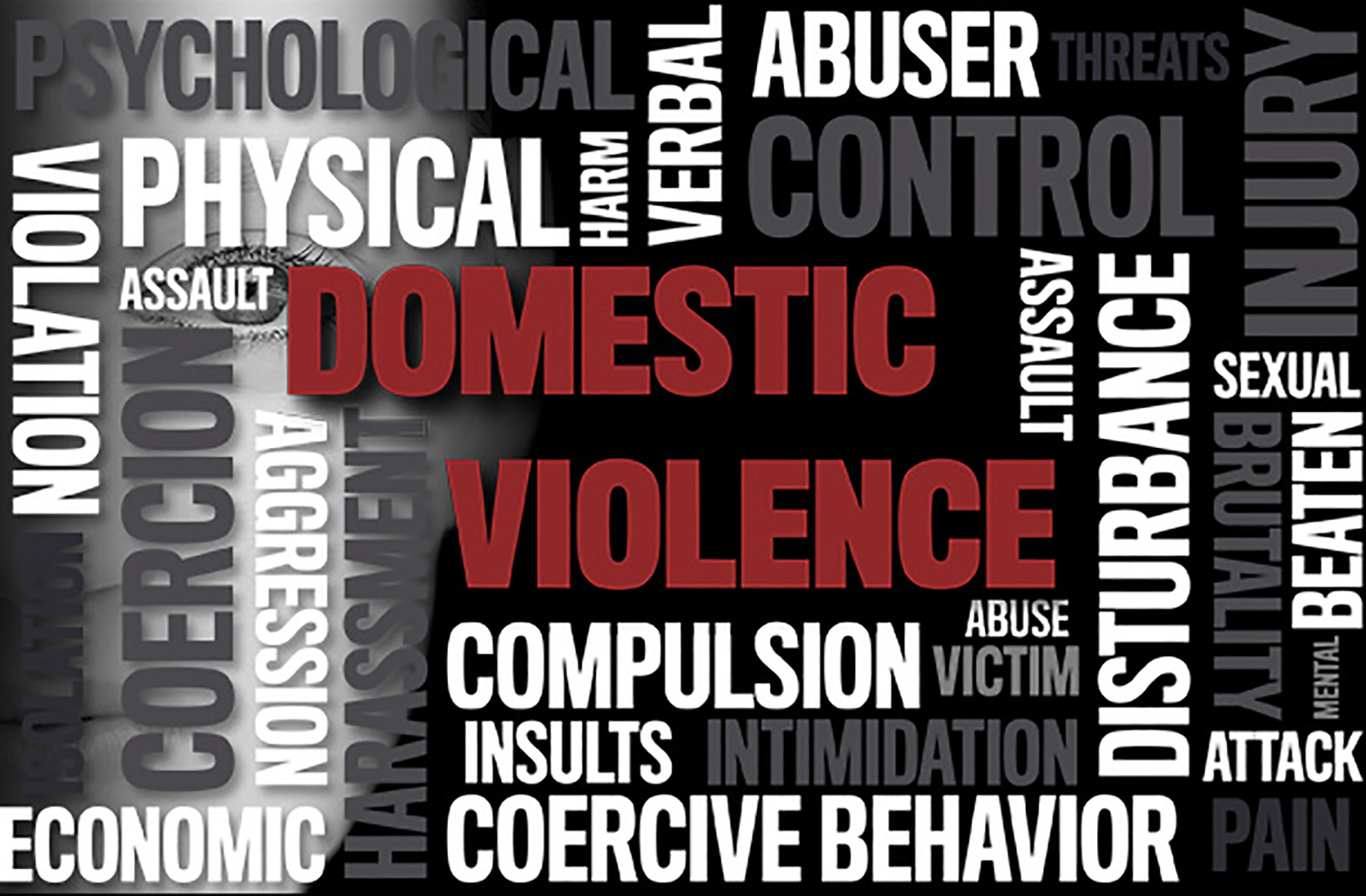The Danger Assessment, a popular and groundbreaking instrument that effectively assesses the risk of an abused woman to be seriously injured or killed by her intimate partner, is now being offered to all Veterans Administration (VA) clinical staff thanks to a licensing agreement between the Johns Hopkins School of Nursing (JHSON) and the VA.
Jacquelyn Campbell, PhD, RN, FAAN, professor in the school of nursing and creator of the Danger Assessment, led a training session on how to use the instrument on Nov. 13 at the VA offices in Baltimore. More than 800 members of the VA’s clinical staff nationwide attended or livestreamed the session, which was recorded and posted on the organization’s internal training system. VA employees will be able to access Campbell’s training to obtain certification and increase the amount of staff competent in the use of this evidence-based assessment.
The online Danger Assessment training and certification typically costs $150 per person (and is available at www.dangerassessment.org). Dr. Campbell, who is the Anna D. Wolf chair at the school of nursing, also offers live trainings across the nation.
“The VA recognizes the Danger Assessment as the gold standard of lethality assessments,” says LeAnn Bruce, PhD, national program manager of the VA’s Intimate Partner Violence Assistance Program (IPVAP). “This training partnership will result in the development of a cadre of clinicians throughout all VA medical centers who are extensively trained to effectively support the mission to provide ongoing education and have the means to identify those who are at risk so safety planning and intervention can be provided.”
The Danger Assessment consists of a calendar to help assess the severity and frequency of battering in the past year and a 20-item instrument that uses a weighted system to score yes/no responses to risk factors associated with intimate partner homicide. Such factors include past death threats, and partner’s employment status and access to a gun.
The Danger Assessment is freely available to the public; however the weighted scoring instructions are reserved for individuals who have been trained and certified in the use of the Danger Assessment.
Dr. Campbell first developed the Danger Assessment in 1986 and has conducted trainings at VA hospitals the past several years. The possibility of incorporating the Danger Assessment into VA training became a reality in recent years, she says, after the VA launched the Intimate Partner Violence Assistance Program and began to implement routine screening for such violence.
“It’s just an awesome opportunity,” she says.
Johns Hopkins Technology Ventures handled the licensing agreement between JHSON and the VA.
Research comparing the prevalence of domestic violence/intimate partner violence between the general population and veterans is limited, according to Dr. Bruce. But Dr. Campbell notes that studies suggest combat veterans diagnosed with PTSD have a higher prevalence of intimate partner violence than those who have not been diagnosed.
“PTSD doesn’t cause domestic violence but can make it worse,” she says.
Dr. Bruce says the concern with intimate partner violence among veterans is not just about the prevalence but also with its potential to exacerbate other problems that veterans often face, including physical and mental well-being, homelessness, and risk of suicide and homicide.
“We recognize that helping veterans secure and maintain safe, healthy relationships also helps to reduce a variety of other negative consequences,” she says. “We are committed to ensuring that our staff are well trained to screen, assess and offer early intervention, support and safety planning.”
***
Located in Baltimore, the Johns Hopkins School of Nursing is a globally-recognized leader in nursing education, research and practice. The school ranks No. 1 nationally for its graduate, DNP, and online programs in the U.S. News & World Report rankings. In addition, the school is ranked by QS World University as the No. 4 nursing school in the world, No.1 by College Choice for its master’s program, and No. 1 NursingSchoolHub.com for its DNP program. For more information, visit www.nursing.jhu.edu.
Media Inquiries
Danielle Kress
410-955-2840
